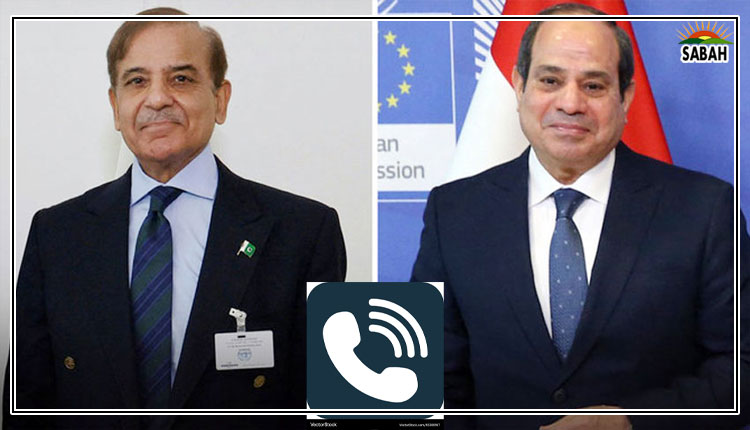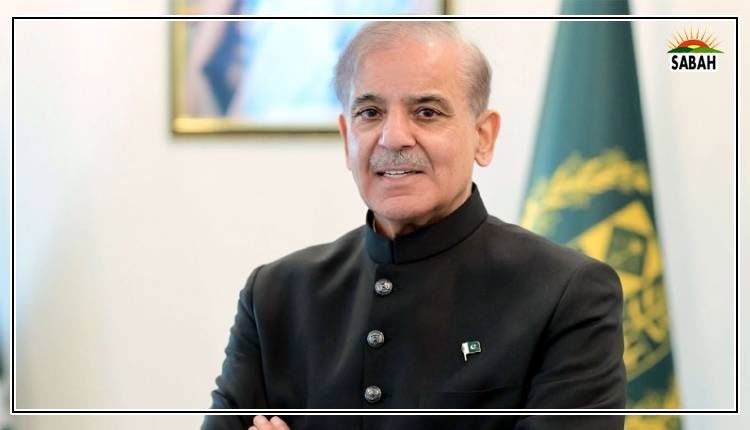Securing borders …. Aizaz Ahmad Chaudhry
PAKISTAN’S national security has lately been under threat on its eastern as well as western borders. On the eastern frontier, India’s attitude towards Pakistan has unfortunately hit a new low. The Modi regime is constantly innovating prickly ways to assert its growing hubris in the neighbourhood and beyond. Its latest practice is to deploy assassins on foreign lands to kill so-called anti-India elements. The evidence shows that Indian intelligence operatives managed to have not only Mohammad Riaz and Shahid Latif assassinated on Pakistani soil, but many more Pakistani citizens too, for which investigations are underway. This is in line with what Indian operatives did in Canada and the US when they targeted Sikhs calling for an independent state of Khalistan.
Using assassins to kill on foreign soil is a variant of the earlier policy of sending in Indian operatives, such as Kulbhushan Jadhav, who would enter Pakistan under fake identities to destabilise the country. However, the cause of regional peace will not be served if India continues to commit state terrorism while accusing Pakistan of cross-border terrorism. Both countries would do well to eliminate transnational terrorism through cooperation rather than confrontation.
Pakistan’s western frontiers are also in the grip of cross-border terrorism. Last month, Iran attacked a target inside Pakistan, ostensibly to eliminate an alleged hideout of Jaish al-Adl, an anti-Iran Sunni militant group active in Sistan-Baluchestan. Pakistan responded with a strike against Baloch terrorist elements in the border town of Saravan. Both governments swiftly resolved the matter through diplomacy. But soon after, nine Pakistanis were murdered in Saravan. The Iranian foreign minister has since visited Pakistan to calm tensions. Ultimately, the root cause, which is the alleged presence of terrorist elements on both sides of the border, would need to be addressed to avert the recurrence of such incidents.
Ever since the Taliban came to power in Kabul in 2021, the TTP has been reinvigorated. The group had been beaten in operations in Swat, South Waziristan and North Waziristan as well as the countrywide intelligence-based operation Raddul Fasaad. The TTP’s resurgence resulted from the Afghan Taliban rulers’ release of TTP prisoners in the name of facilitating talks with Pakistan. A tentative ceasefire was agreed to, leading to senior TTP leaders being freed from prisons in Pakistan and the resettlement of hundreds of TTP fighters in the country.
A detailed review is needed of our security and foreign policies.
Instead of appreciating the gesture, the TTP used the opportunity to regroup and resume its attacks against targets in Pakistan, particularly the security forces. Despite this setback, Islamabad has, prudently, maintained its contacts with Kabul at multiple levels to stress that Afghanistan’s strategic interests would be better served if Kabul restricted the space given to the TTP for cross-border terrorism, and reoriented its policies to focus on peace and development.
Ever since the launch of CPEC in 2015, Pakistan’s detractors have tried to carry out acts of terrorism against Chinese nationals working on CPEC projects here. At the request of China, Pakistan’s steadfast friend, the government constituted a strong force to safeguard CPEC projects and Chinese nationals. This has improved the security situation, although occasional terrorist attacks still occur.
All this requires an in-depth review of our security and foreign policies. An opportunity will arise when a new government is elected this month. After holding consultations with think tanks, academia, and intelligentsia, the elected government must institute a mechanism to undertake such a review on a new agenda of peace that should be pursued with not only our neighbours but also other powers of relevance to Pakistan.
Recently, a national conference was convened in Islamabad by the Sanober Institute in collaboration with two partners from academia and the think tank community to prepare a strategy manifesto for the new government with recommendations for Pakistan’s security and foreign policies. Similar efforts are currently underway in several universities and think tanks, born of a desire to see our country achieve the glory that Pakistan’s founder had envisioned for it.
Based on the Quaid’s advice, and the imperative to stabilise its borders, Pakistan must address the internal and external reasons of militancy. Internally, militant, extremist, sectarian and sub-nationalist forces need to be dealt with politically first, and kinetically later if required. Externally, we should engage with all neighbours such that it builds their stakes in Pakistan’s stability. In the medium to long term, this approach can ensure border stability and progress.
The writer is a former foreign secretary of Pakistan and chairman Sanober Institute.
Courtesy Dawn, February 4th, 2024












